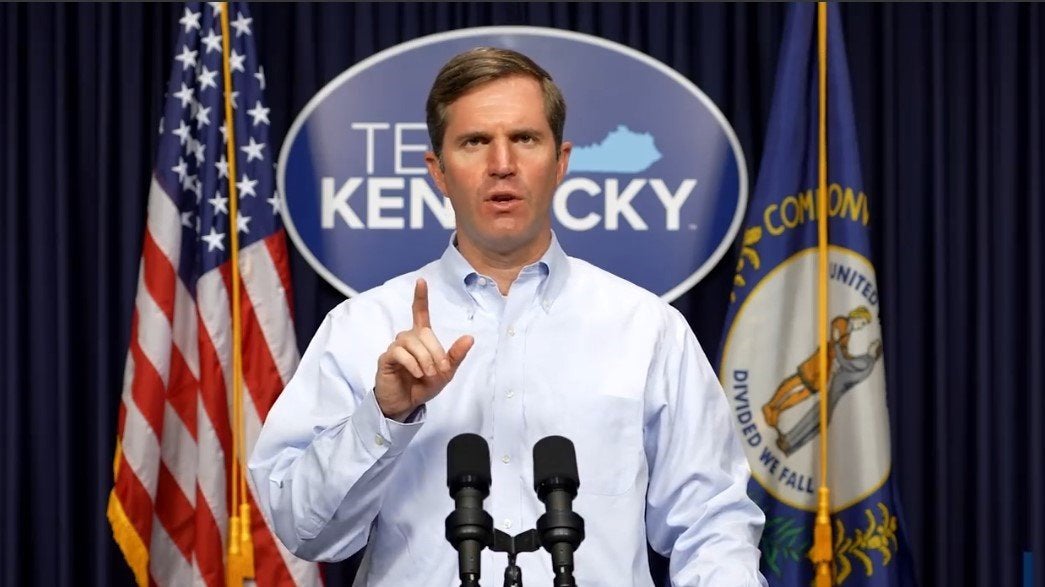Politicians in both parties could learn a thing or two from fantasy football
Published 12:24 pm Sunday, October 16, 2016
Let me start this column with a promise: I’m going to talk about fantasy football in the next few paragraphs, but I promise it will be as brief as possible and it’s only because it provides a very useful analogy.
One of the most important aspects of playing fantasy football is how you draft your players at the beginning of the season. Some people try to stock up on running backs early; others go for wide receivers. Some use spreadsheets and formulas and obsess over every pick; others trust the autopilot to pick players for them.
But whatever draft strategy is used, everyone knows you need a balanced team. If I spend all of my good picks on quarterbacks, I’ll always have great options to play in that position. I’ll also lose every game that season because I’ll be starting terrible players at all the other positions.
You’ve got to pick good players at every position if you want to have a chance at winning.
I can’t imagine many politicians play fantasy football. Or if they do, they either have terrible teams or have failed to take the lessons of fantasy football and apply them to governance.
Politicians at the state and federal level love to talk about getting and/or keeping a majority of votes for one political party or the other. The only goal anymore is to stack the deck with members of your own party, with the goal of doing whatever you please regardless of how the other side feels (or sides feel).
No one is interested in working with opponents and allies to govern in a way that represents everybody being governed. Instead, both sides want to gain a monopoly on power so they can enact everything that only their side wants.
If there’s a 60-40 split in a legislature, obviously those with 60 percent of the votes are going to get more of what they want — and they should. But if we had a balanced democracy that acknowledged minority interests and tried to govern for everyone, then the party with 60 percent of the votes would get what they want about 60 percent of the time.
That’s definitely not how things work today. Any party able to gain 60 percent of a legislature is going to pass 100 percent of the things they want and absolutely none of the things the other 40 percent want. There’s nothing illegal about this, but it amounts to disenfranchisement for all the voters who chose the minority representatives. As long as the majority party has enough votes, those minority voters may have no voice in their government.
It shouldn’t have to be this way. A party in the majority ought to be able to lead benevolently and leave the appropriate amount of power to those in the minority, knowing that when the tables turn, they’ll be treated with the same respect.
To fit that into the fantasy football analogy, we should be able to field a balanced team capable of regularly winning games.
But we’re stuck in a vicious cycle right now. No one’s nice to those on the other side of the aisle because no one on the other side of the aisle is nice to them. It will take an unexpected act of grace and mercy from a party in power to break the cycle, and reciprocal behavior from the minority party once it gains power to keep the cycle broken.
Until then, we’ll be a team of quarterbacks with no one to throw to.





